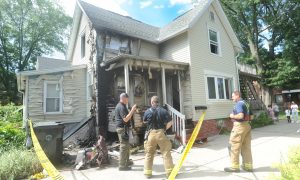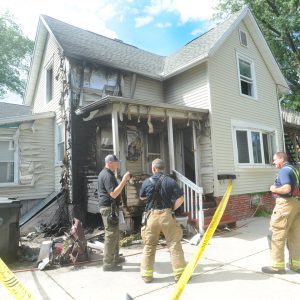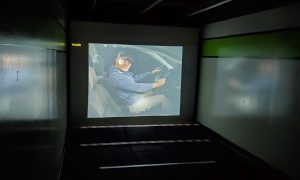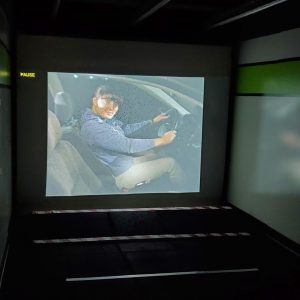WESTFIELD – A new city ordinance to authorize a proposed central emergency dispatching center has not yet been adopted by the City Council. When it is, funds will be available to train new dispatchers, thanks to a grant accepted by the council at their meeting last week.
A $37,262 grant from the Massachusetts 911 Department was accepted and will be used to train new dispatchers when they are hired to staff the dispatching center, which will handle calls for police, fire and medical emergencies.
Westfield Police Capt. Hipolito Nunez explained that the current dispatchers are already trained to the required standards but the proposed central dispatching facility will require additional staff. Grant funds will be used to pay for their training.
In addition, under requirements which will take effect in July of this year, all dispatchers will be required to undergo 16 hours of additional training annually and will have to re-certify every two years. Grant funds will be available to pay for that training too, he said.
Nunez said that the money comes from a ‘911/Disability AccessFee’ surcharge which is tacked on to telephone bills in the Commonwealth.
Those funds are distributed to communities based on a formula which reflects the number of 911 calls handled by a community’s dispatchers, he said.
Mayor Daniel Knapik said that a draft proposal to establish the dispatching center has been submitted to him which will create a final proposal which will be presented to the City Council “within 45 days.”
“We’ll do it sooner than that” said Nunez who, with Deputy Fire Chief Andy Hart has led the committee, which includes Peter Cowles, a police dispatcher, Greg Heath, the fire department’s superintendent of alarms, and Kevin Berrien and Steve Zawada, network administrators at the city’s Tech Center located on the grounds of Barnes Municipal Airport, where the dispatch center is expected to be located and where much of the necessary equipment is already in place.
Nunez said that an additional benefit to the dispatching center project is that it positions the city to become a regional dispatch center which, he said, is an objective of state officials.
He explained that regional dispatch centers are being promoted on the state level in large part because of the costs of the enhanced 911 answering centers.
He said that the high costs of creating and maintaining locations to answer 911 calls are borne by the state and officials would like to see regional call centers “so they don’t have to put one in every community.”
Nunez said that, although none of the surrounding communities have yet expressed an interest in cooperating with a dispatch center, the plan the committee has come up with would allow for the eventual inclusion of other communities.







